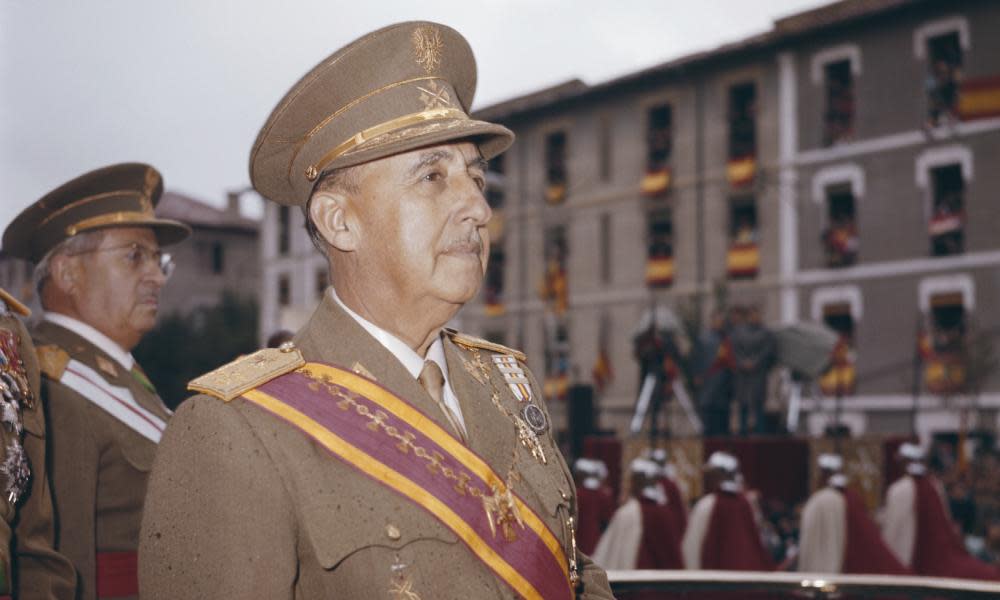The EU, war, peace, and dictatorships | Letters

John Rigby (Letters, 3 August) challenges the view that the EU and its predecessors have been responsible for maintaining peace in Europe since 1945. Of course, that proposition cannot be proved. But it is true that one of the primary motivations of the founders was precisely that, as a reaction to centuries of conflict with ever varying combinations of allies and enemies, culminating in the two world wars. Compare the aftermath of the first world war – “the war to end all wars” – and consider how differently that might have developed had something similar to the EU been created post-1918.
Mr Rigby cites the slaughter in the Balkans in the 1990s in support of his argument. I would suggest quite the contrary. Former Yugoslavia was not a member of the EU. Had it been, no doubt the tensions between the different groups would still have existed, but there would have been a much greater incentive to resolve them peacefully, like the relatively amicable split-up of Czechoslovakia.
Frank Jackson
Harlow, Essex
• Jeremy Paul Dixon (Letters, 3 August) is incorrect when he states that the second world war “ended the west-European dictatorships”. Franco continued in power in Spain until his death in 1975; Salazar’s Estado Novo ruled in Portugal until 1974; Greece was ruled by a military junta between 1967 and 1974. By joining the EU all three countries made a commitment not to return to authoritarian rule.
Harry Eyres
London
• Join the debate – email guardian.letters@theguardian.com
• Read more Guardian letters – click here to visit gu.com/letters

 Yahoo News
Yahoo News 
